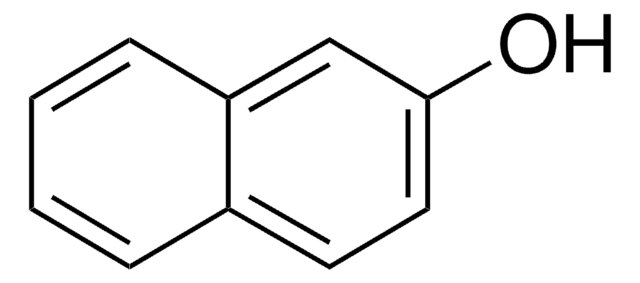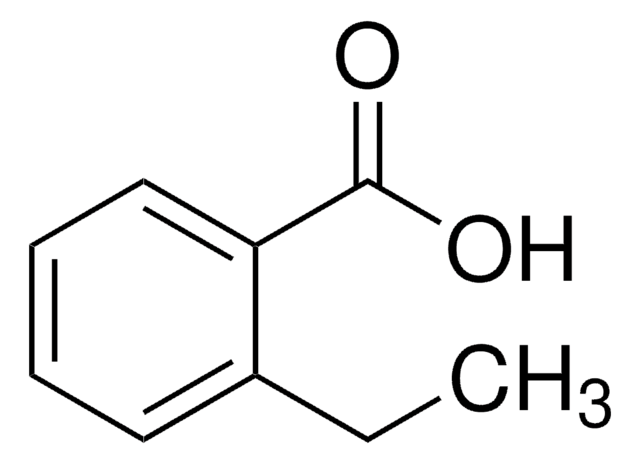255696
Calcium sulfate
≥99.99% trace metals basis
Synonym(s):
Gypsum
About This Item
Recommended Products
Quality Level
Assay
≥99.99% trace metals basis
form
powder and chunks
impurities
≤100.0 ppm Trace Metal Analysis
SMILES string
[Ca++].[O-]S([O-])(=O)=O
InChI
1S/Ca.H2O4S/c;1-5(2,3)4/h;(H2,1,2,3,4)/q+2;/p-2
InChI key
OSGAYBCDTDRGGQ-UHFFFAOYSA-L
Looking for similar products? Visit Product Comparison Guide
Related Categories
General description
Application
- In the formulation of electrolytes for calcium-ion batteries. The presence of calcium sulfate helps in improving the solubility of calcium salts in the electrolyte.
- As a surface modifier to enhance the performance of Ni-rich lithium nickel-cobalt-manganese oxide (NCM) cathode materials in lithium-ion batteries.
Storage Class Code
11 - Combustible Solids
WGK
WGK 1
Flash Point(F)
Not applicable
Flash Point(C)
Not applicable
Personal Protective Equipment
Choose from one of the most recent versions:
Certificates of Analysis (COA)
Don't see the Right Version?
If you require a particular version, you can look up a specific certificate by the Lot or Batch number.
Already Own This Product?
Find documentation for the products that you have recently purchased in the Document Library.
Our team of scientists has experience in all areas of research including Life Science, Material Science, Chemical Synthesis, Chromatography, Analytical and many others.
Contact Technical Service








